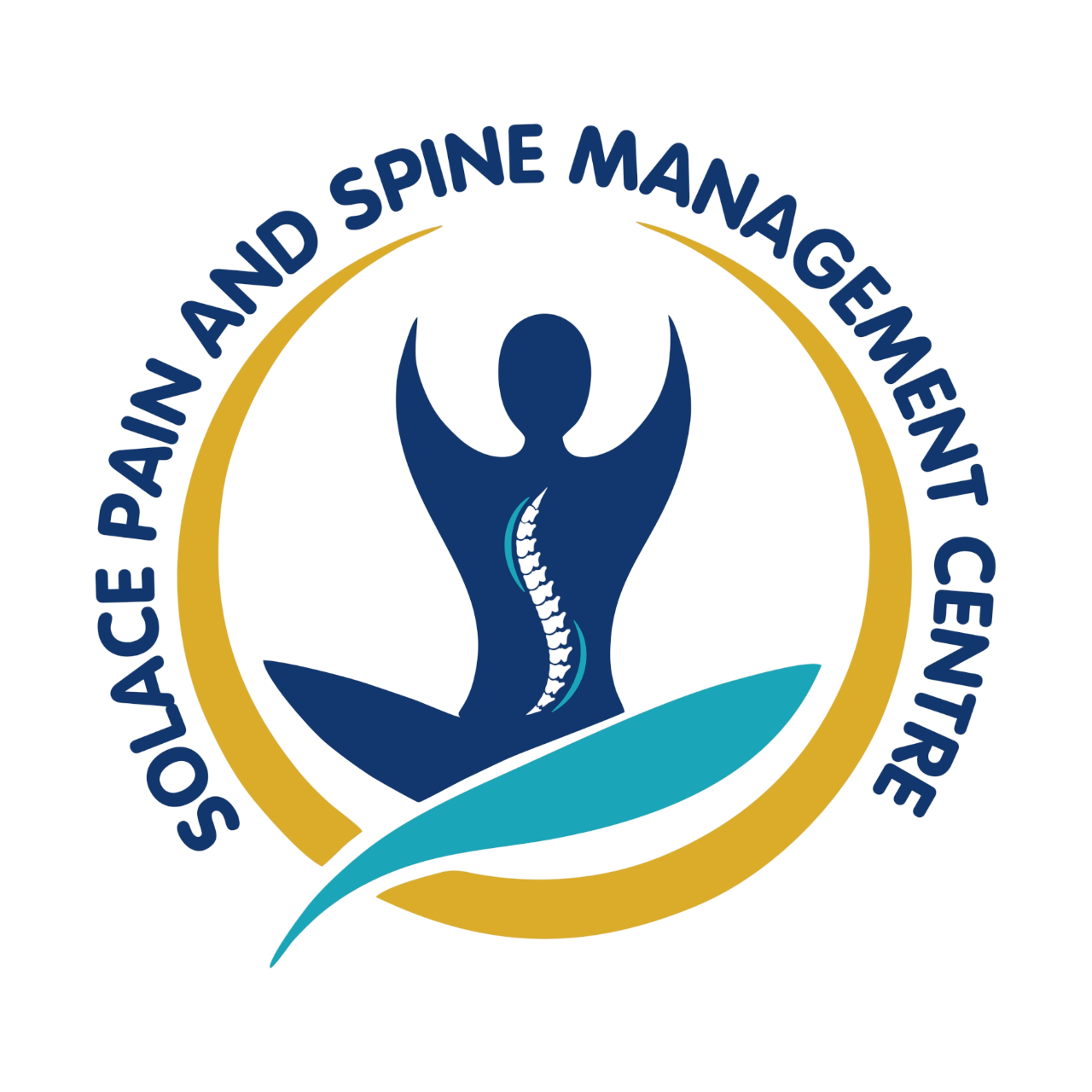Got Questions?
We’ve Got Answers!
Expert treatment options, recovery, & long-term relief.
Shoulder pain can result from conditions like rotator cuff injuries, arthritis, frozen shoulder, tendonitis, or nerve compression. It can also stem from poor posture, overuse, or trauma. A proper diagnosis helps determine the best treatment.
We take a multidisciplinary approach to chronic pain, combining medication, physical therapy, nerve blocks, regenerative medicine, and minimally invasive procedures to provide long-term relief.
The timeline depends on the cause and severity of your pain. Some treatments, like nerve blocks, offer immediate relief, while others, like physical therapy or regenerative medicine, may take weeks to show full benefits. We customize treatment plans for optimal results.
4. What are the options for managing cancer-related pain?
Cancer pain management includes a combination of opioid and non-opioid medications, nerve blocks, spinal cord stimulation, and palliative care techniques to ensure comfort and improve quality of life.
Yes, we focus on non-surgical approaches such as injections, nerve blocks, platelet-rich plasma (PRP) therapy, and physical therapy to reduce pain and restore mobility. Surgery is considered only when conservative treatments fail.
While some chronic pain conditions can be fully resolved, others require ongoing management. Our goal is to reduce pain intensity, improve mobility, and enhance your overall quality of life with the most effective treatments available.
We treat various nerve-related pain conditions, including neuropathy, trigeminal neuralgia, postherpetic neuralgia (shingles pain), migraines, sciatica, and complex regional pain syndrome (CRPS).
Yes, we offer non-medication treatments like nerve blocks, Botox injections, lifestyle modifications, and neuromodulation techniques to help reduce the frequency and intensity of migraines and chronic headaches.
Nerve block therapy involves injecting anesthetic or anti-inflammatory medication around specific nerves to block pain signals. It is commonly used for conditions like nerve compression, migraines, and neuropathic pain.
We offer a range of non-surgical treatments, including epidural steroid injections, nerve blocks, spinal cord stimulation, radiofrequency ablation, and physical therapy to relieve pain and improve function.
Minimally invasive spine treatments involve targeted procedures like nerve ablation, percutaneous discectomy, or spinal injections that provide relief without major surgery. These methods reduce recovery time and complications.
If your back pain persists for more than a few weeks, worsens over time, affects daily activities, or is accompanied by numbness, tingling, or weakness, it's important to seek medical attention for a proper diagnosis and treatment plan.
